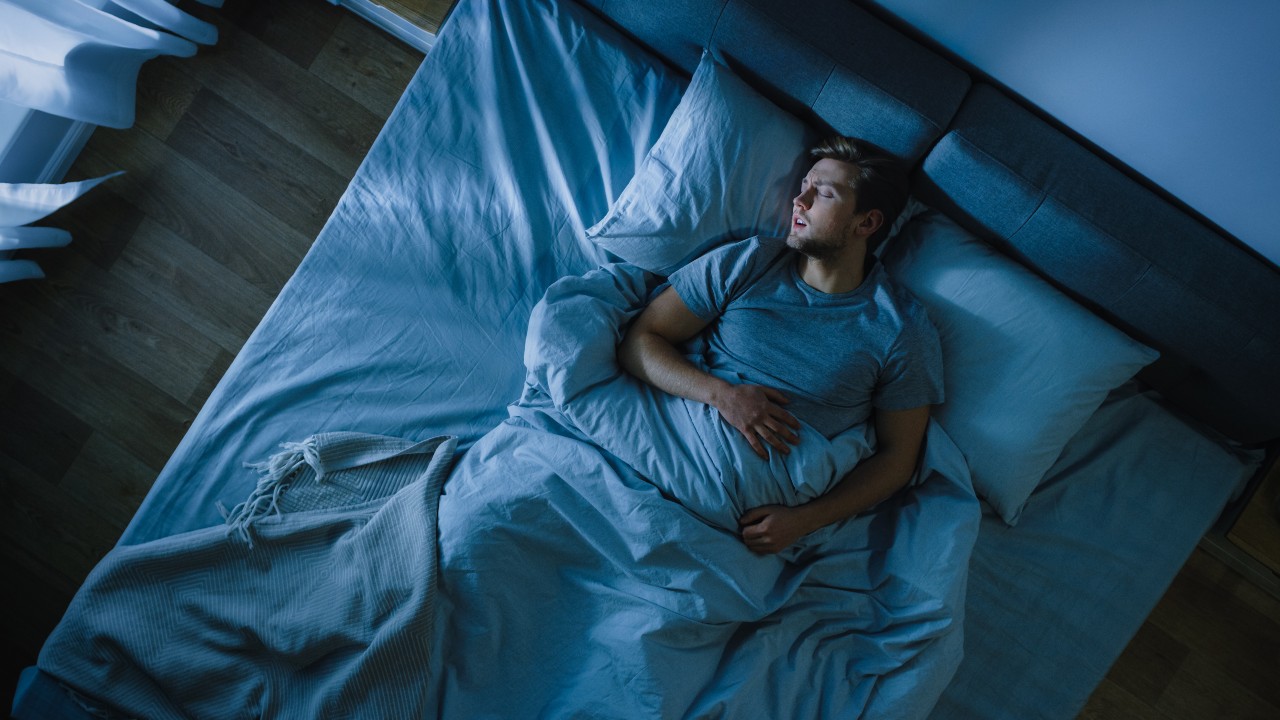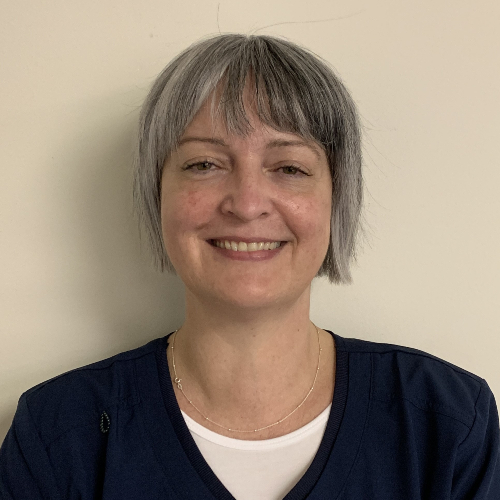Remember the exuberant days of youth, when you arose with the sun and hit the ground running full speed ahead with no end in sight? Perhaps those days are now in your rearview mirror, but you can still find sustainable energy to help you throughout your days. There’s no way around adult life and responsibilities, but the fatigue this can bring does not have to have a detrimental impact on your health. Innova Primary Care wants to see our patients, thriving. We treat the whole person, mind, body, and soul. Read on for ways you can find that extra bounce in your step.
Fatigue does not have to be your constant bedfellow
According to Healthline, fatigue is a “general term used to describe an overall feeling of tiredness or lack of energy.” Sound familiar? It’s easy to assume that our generally hectic lifestyles are the reason behind the general malaise most Americans feel. A recent study found that Americans report feeling sleepy, just one adjective to describe fatigue, at least 3 days a week. Busy schedules, a global pandemic, a constant never ending news cycle, and lifestyle factors are all making us more tired than we’ve ever been.
The world isn’t slowing down anytime soon, but you can take control of the energy you expend. Fatigue can arise from many sources. It is important to keep track of how long you have felt an energy drain and consult your physician if you feel excessively tired or fatigued for more than 2 weeks. For the purposes of this article, we are going to look at possible sources for your fatigue and, hopefully, provide you with some solutions. Again, if you are concerned, contact your doctor and see if there are any underlying medical conditions that need to be addressed.
Assess of your lifestyle choices
We talk a lot about nutrition and exercise here, and it isn’t because we are constantly thinking about physiques. The truth is what you put into your body and how you incorporate movement have a tremendous impact on your energy levels. Stop for a moment and reflect upon the last week. How did you eat? Were you able to get in the recommended 150 minutes of moderate exercise? If not, what stopped you? Do you have a plan for those crazy busy days when it feels easier to grab a meal from a drive-thru? If you aren’t satisfied with your answers, here are some great tips.
How to eat and drink for energy
- Hydrate – Drink your water. Dehydration can lead to fatigue. Even those who sit at a desk all day need to remain properly hydrated. Keep a water bottle handy and if you need to, set a time. Aim for at least half your body weight in ounces of water per day. Drink more as your activity levels increase, even in colder months.
- Eat well – This encompasses many things. Eating well means eating enough. If you are constantly on the go and skip meals, your blood sugar can drop leaving you tired and irritable. Conversely, overeating can lead to fatigue. Eat a well-balanced diet rich in whole foods with the occasional treat mixed in for fun.
A nice variety of fruits and vegetables coupled with whole grains and lean meats is a great place to start. If eating healthy is new to you, we suggest starting with small incremental changes. Try adding one additional fruit and one extra vegetable to your meals. Once you feel successful, up the game. You can do it!
The sleep priority
Making sleep a priority will combat fatigue and increase energy. A survey of 2,000 adults found that seventy percent of us have inconsistent sleep habits due to the coronavirus pandemic. Additionally, sixty-three percent of those surveyed fear their sleep schedules may never return to normal. You can adjust your sleep hygiene, however, to optimize bedtime and get the rest you need.
Begin by turning off devices at least an hour before bedtime. Yes, you can put your phone and computer down. Do it for your health. The blue light from these devices can trick your body into believing it’s much earlier in the day than it actually is.
Create a bedtime ritual. This one doesn’t have to be complex. It doesn’t matter if it’s a cup of herbal tea, a nice bath, a good book by lamplight, find something that alert’s your body that bedtime is coming. Next up, keep your room dark and the temperature as cool as you can manage. Darkness and cool air do wonders for sleep. For those who need additional assistance, melatonin might do the trick. Check out this post from the American Academy of Sleep Medication for a more exhaustive list of things you can do to get the rest you need. Lastly, if you find you simply cannot get the rest you need, talk with your healthcare provider and find out what options are available to you.
Mental health can impact fatigue
We’ve discussed diet, exercise, and sleep hygiene, but we cannot leave this conversation on fatigue and energy without discussing mental health. Anxiety can wreak havoc on sleep. Depression and seasonal affective disorder amongst other mental health conditions can lead to a fog that feels insurmountable. However, there are medications and therapies available to assist you with any mental health concerns or diagnoses you may have. You are not alone. Reach out for help.
Living in the haze
You do not have to go through life in a foggy haze of fatigue. There is no denying that we all have full lives and are collectively living with a health crisis. It’s enough to make us all want to curl up in bed and wait for the strain to be over. Being tired is a normal part of everyday living, debilitating fatigue is not.
If you are overly tired, perhaps it is time to make some changes. Start with your physician and be honest about your concerns. Try adjusting your nutrition and getting in daily movement. Prioritize sleep and your mental health. These are powerful steps to address your concerns and get you back to the energetic person you remember.





 About
About About
About

 About
About About
About About
About About
About About
About













